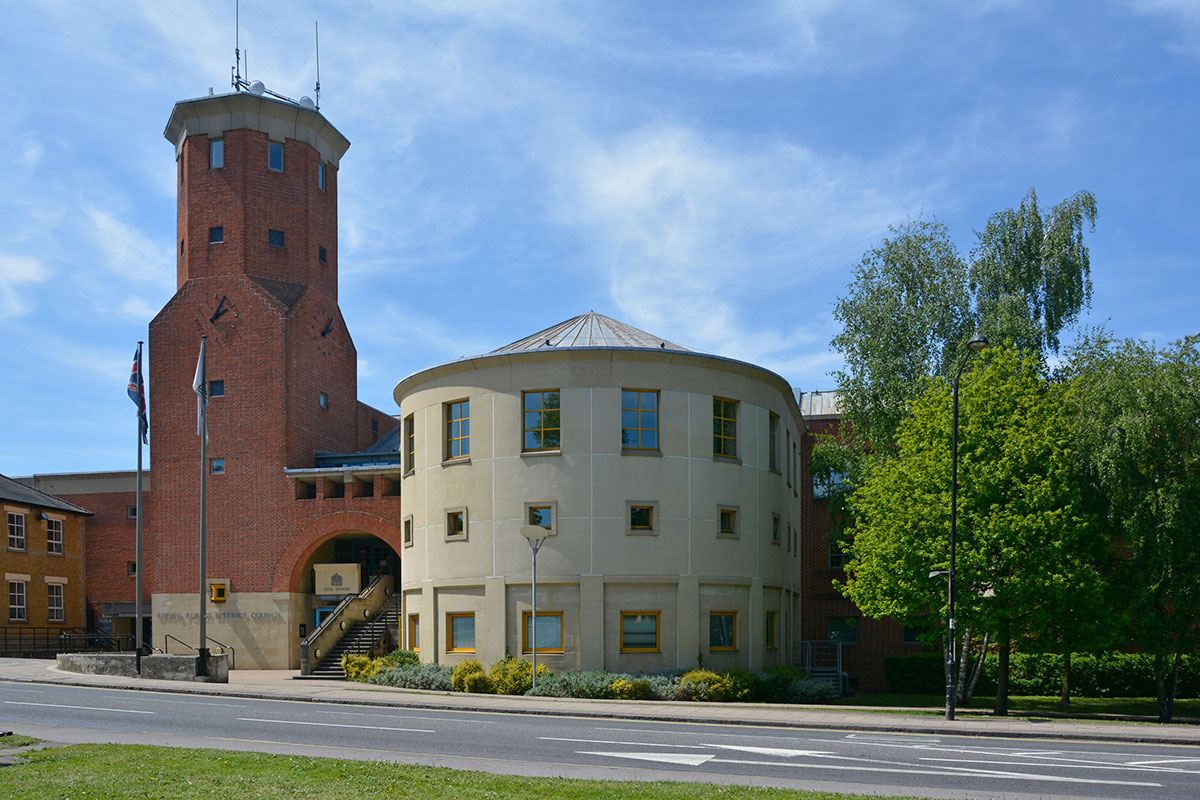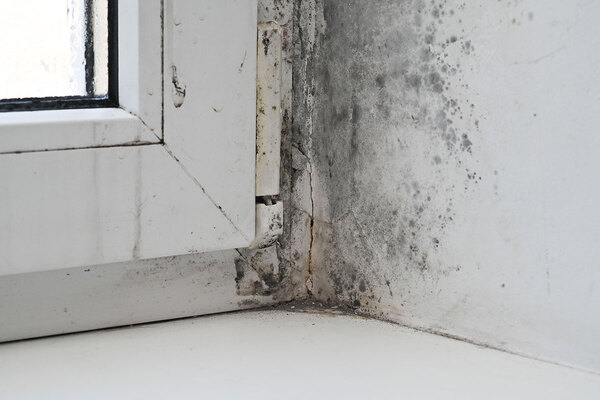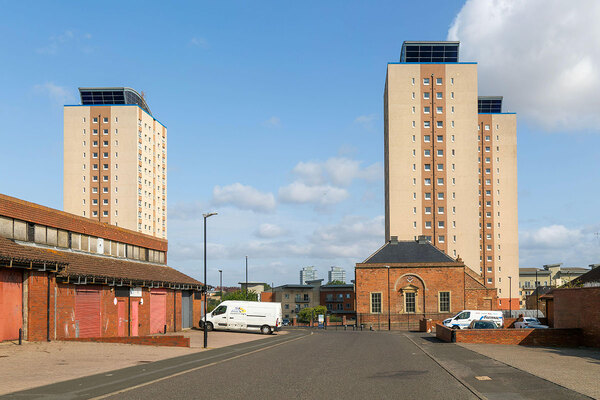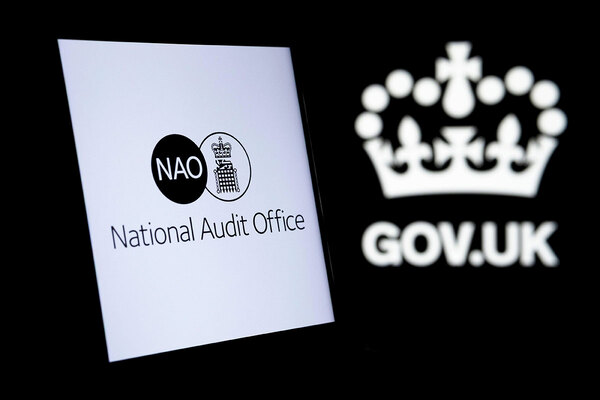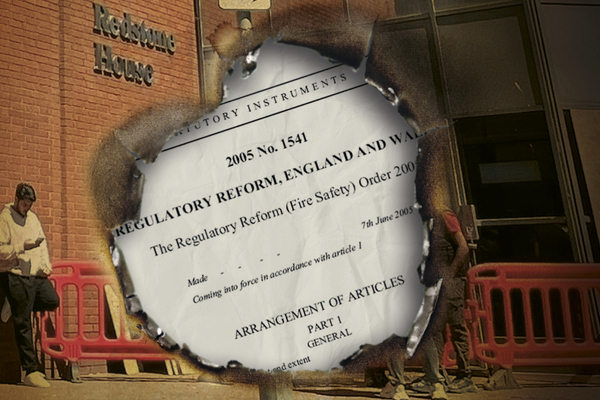You are viewing 1 of your 1 free articles
Scapegoating asylum seekers will not end housing crisis, charities say after court ruling that could have stark consequences
Charities have called out the scapegoating of asylum seekers, after they explained why a court ruling in Epping will not help the housing crisis and could have stark consequences across the UK.
Following protests, Epping Forest District Council has been granted a temporary injunction to stop the Bell Hotel in Epping housing asylum seekers.
The council applied for the interim injunction, after claiming that by housing asylum seekers, the property had materially changed into a hostel, and should have, but has not obtained planning permission.
The ruling by judge Stephen Eyre at the Royal Courts of Justice agreed, and subsequently ordered that asylum seekers be removed from the hotel by 12 September 2025.
Mairi MacRae, director of campaigns and policy at homelessness charity Shelter, thinks that the focus has been wrongly directed towards asylum seekers.
She said: “Let’s make this clear: people fleeing conflict and persecution in search of asylum should not be blamed for decades of political failure to build enough genuinely affordable social homes. If net migration was zero, we would still have a housing emergency.”
She instead blamed extortionate rents, frozen housing benefits and a severe shortage of homes causing families to be “trapped in insecure and unsuitable temporary accommodation for months on end, and people seeking asylum are stuck in limbo in hotels, where they aren’t allowed to work, rent or get on with their lives”.
Ms MacRae added: “Scapegoating people will not solve the housing emergency; building homes people can afford will. People seeking asylum should be adequately supported in safe and suitable accommodation, but the only way to end homelessness for good is for the government to deliver the social rent homes it’s promised and ramp up to 90,000 a year for 10 years.”
Daughters of Charity Services, an organisation that helps people experiencing poverty, explained that the decision would not address the shortcomings of using hotels to house asylum seekers. These include the impact on the mental and physical health of residents, as well as dangers from overcrowding.
Mark Choonara, chief executive of the charity, said: “We urgently need to see a systemic shift away from the use of hotels and a commitment to investment in safe, sustainable housing.”
“With this ruling appearing likely to spark further such legal cases across the country, our call for a safer, more dignified and more sustainable model of housing for people seeking asylum could not be more urgent.”
However, Chris Whitbread, leader of Epping Forest District Council, said: “I am delighted. This is great news for our residents.
“The last few weeks have placed an intolerable strain on our community but today we have some great news. Thank you to Mr Justice Eyre. For the first time in weeks we can see a chink of light at the end of the tunnel.”
Asylum hotels cost the government almost £9m daily in 2023. Since taking office the government has reduced the number of asylum hotels open from 400 to 210, according to the Home Office.
In his ruling, Mr Eyre said: “The public interest in the enforcement of planning control is a factor of particular importance.”
He said he believes that “the fear of crime resulting from the use of The Bell” and “the need to address lawful protests” were also relevant but limited factors in his decision.
He explained that by not applying for planning permission, the hotel owners had “side-stepped the public scrutiny and explanation which would otherwise have taken place if an application for planning permission or for a certificate of lawful use had been made”.
He did acknowledge that moving the asylum seekers will have “consequent disruption to their lives”.
Angela Eagle, border security minister, said “this government inherited a broken asylum system” and aims to “close all asylum hotels by the end of this parliament”.
Sign up for our Council Focus newsletter
Already have an account? Click here to manage your newsletters
Latest stories
